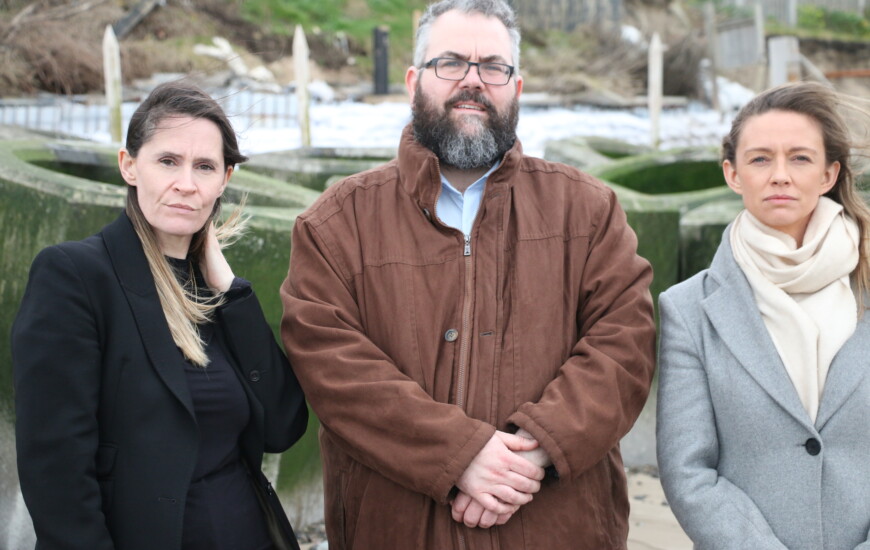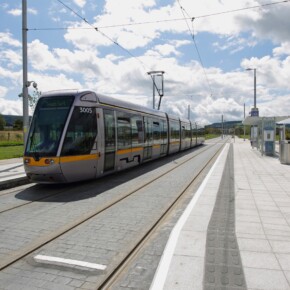European candidates answer our questions: Sinéad Gibney
Mike Finnerty 05 Jun 2024
Ahead of the European Parliament elections on June 7, we sent a questionnaire with the same eight questions to the candidates running in the Dublin constituency.
Here are the responses from Sinéad Gibney (Social Democrats)
It has been 50 years since Ireland joined the EU; has joining had a positive or negative impact on Ireland?
Joining the EU has been hugely positive for Ireland. When we joined the then-EEC in the 1970s, we had to comply with EU laws that led to Ireland becoming a more progressive society, such as ending the marriage ban, preserving our wildlife and protecting workers’ rights. We need to send social democratic voices to the European Parliament to make Europe a force for positive social change, like it was for Ireland in the past.
Would you support Ursula Von Der Leyen in a 2nd term as EU Commissioner?
No. Despite often quoting the values of the European Union, Commissioner Von Der Leyen has failed to live these values in her response to the Israeli genocide playing out in Gaza. We need to see decisive EU action on Gaza, including suspension of the EU-Israel trade agreement, sanctions, and EU level recognition of Palestinian statehood.
Would you work with MEPs such as ones from the AFD in Germany or the PVV in the Netherlands if you are elected?
No. I’m collaborative by nature and I look forward to working across the political spectrum within the Parliament. But while I’m happy to work with anyone that wants to make Europe a more socially democratic society, I don’t believe that the values represented by these groups are compatible with that goal.
What has the European Union done for the average voter since the last round of elections in 2019?
Some specific examples of what the EU has delivered over the last mandate are; the procurement of Covid vaccines, holding social media platforms accountable for misinformation, and starting the regulation of Artificial Intelligence.
What should be the main priorities of the European Parliament over the next 5 years?
I believe housing should be the key priority. I disagree with those that say Europe has no place in addressing the housing crisis. We need an EU-wide plan for affordable housing. As an MEP, I would work to change EU rules that reduce Member State’s abilities to provide social and affordable housing, including reform of EU State Aid rules to ensure essential public services like housing can be delivered. In addition to housing – immigration, climate, enlargement and AI are other priorities that I would like to work on.
Migration and security policy will likely dominate the next term of the European parliament. What influence will Ireland have in shaping those policies?
Ireland is a small country compared to other EU Member States, but we can and should influence migration and security policy to be more human-rights focused.
Italy’s foreign minister recently called for the establishment of a European Union army; do you agree with the idea?
No, the Social Democrats advocate for Ireland’s military neutrality and seek to safeguard our opt-outs from EU common defence policies.
Would you describe European Union sentiment in Ireland as very bad, bad, good, very good, or excellent?
In European Movement Ireland’s recent poll, 84% of respondents in Ireland believe that Ireland should remain a member of the EU, but only 49% said they believe that the EU is moving in the right direction. Irish people see a lot of good in the EU, but they’re beginning to lose faith in the path we are on. As an MEP, I would work hard to bring Europe back to its origins as a force for peace and solidarity.











